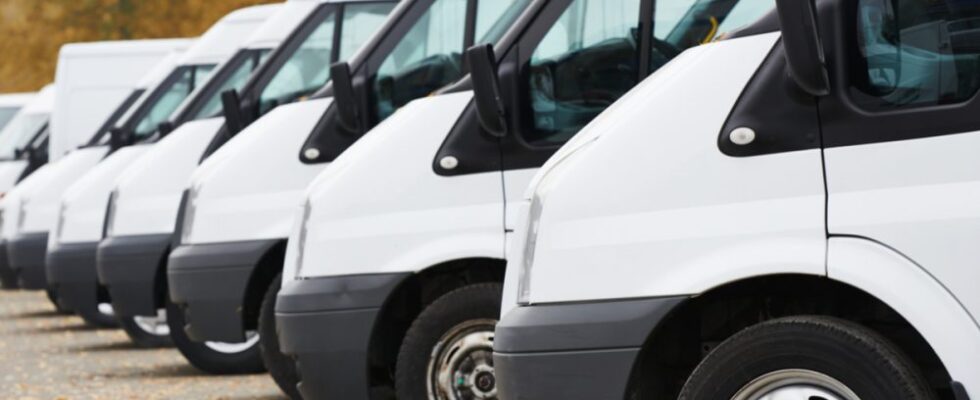Commercial vehicle insurance is the type of insurance that covers commercial vehicles. This type of coverage is usually required by law and can be anything from comprehensive collision, fire damage, and vandalism. It covers the owner and passengers in the event of an accident. The owners must understand that they must ensure the safety of their commercial vehicle before putting it on the road. It explains the importance of trucking fleet insurance. There are different types of insurance, and owners must select one carefully. The different types of commercial fleet insurance available include:
1. Liability insurance
All commercial vehicle owners must insure their vehicles with liability insurance. This type of insurance insures the policyholder against legal liability arising from damage to third parties or property. This type of commercial vehicle insurance does not benefit the vehicle. It only covers liability. 100% of compensation shall be provided to the third party in the event of death or permanent and complete disability of the third party, and 50% of compensation shall be provided to the third party in the case of loss of a limb or blindness.
2. General liability insurance
Primary, or truck liability, insurance is the minimum insurance required for trucking and transportation companies to operate. Primary liability insurance does not cover damage to commercial vehicles or cargo. This policy type requires that motor vehicle carriers and owners/operators are authorized to list or schedule their vehicles in the policy. Otherwise, the insurance company will not withdraw the claim.
3. Tracker Comprehensive Liability Insurance
Rental truck drivers and all motor transporters should consider purchasing truck drivers’ general liability insurance. This trucking fleet insurance pays for personal injury or property damage caused by business activities unrelated to the truck operation. This type of insurance can cover the following:
- Slip or fall on the premises;
- Damage caused by the misdelivery of products.
- Conduct by the insured’s agent and the driver on the premises of another person
4. Primary liability insurance
The main liability is insurance against damage arising from the statutory liability of the insured and against personal injury or property damage to others. State and federal agencies require this truck insurance coverage and proof of coverage. Theft, personal injury, or truck damage is not covered. It is intended to cover damage caused to another person or property.
Primary liability is often confused with general liability insurance. General liability covers accidents that occur off-road. An example of general liability insurance is if someone slips and falls at your headquarters. It is not covered by primary liability insurance.
Why do trackers need liability insurance?
So why do truck drivers need general liability insurance? Simply put, it’s designed to provide financial security if something goes wrong. It can also cover the cost of property damage that the driver may have caused. General liability insurance protects the business from the possible financial consequences of accidents and other incidents.
Conclusion
Trucking fleet insurance is mandatory before putting a commercial vehicle on the road. It allows commercial vehicle owners to pay for medical expenses resulting from an accident. It also covers damages caused by riots, fires, theft, etc.


